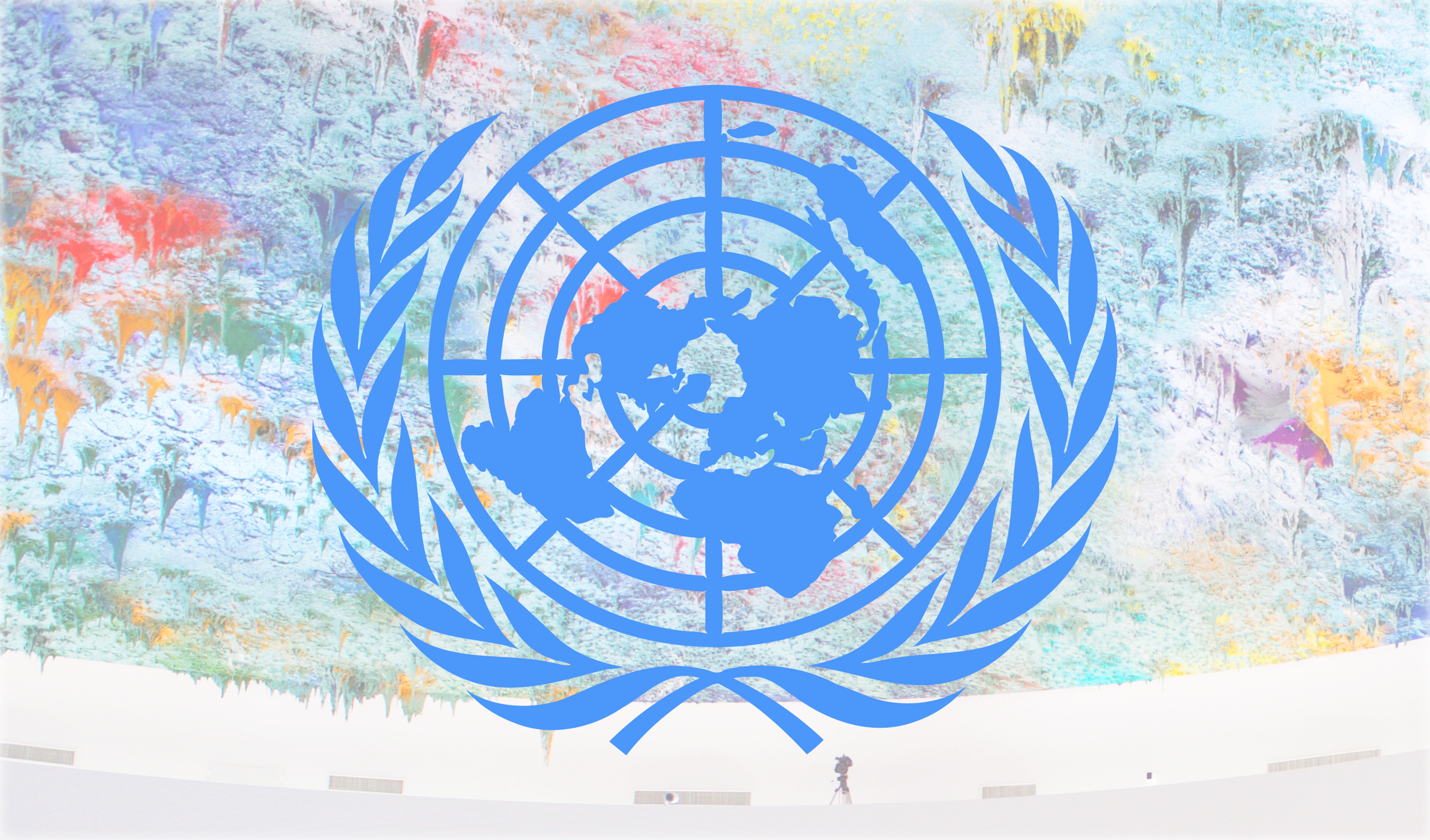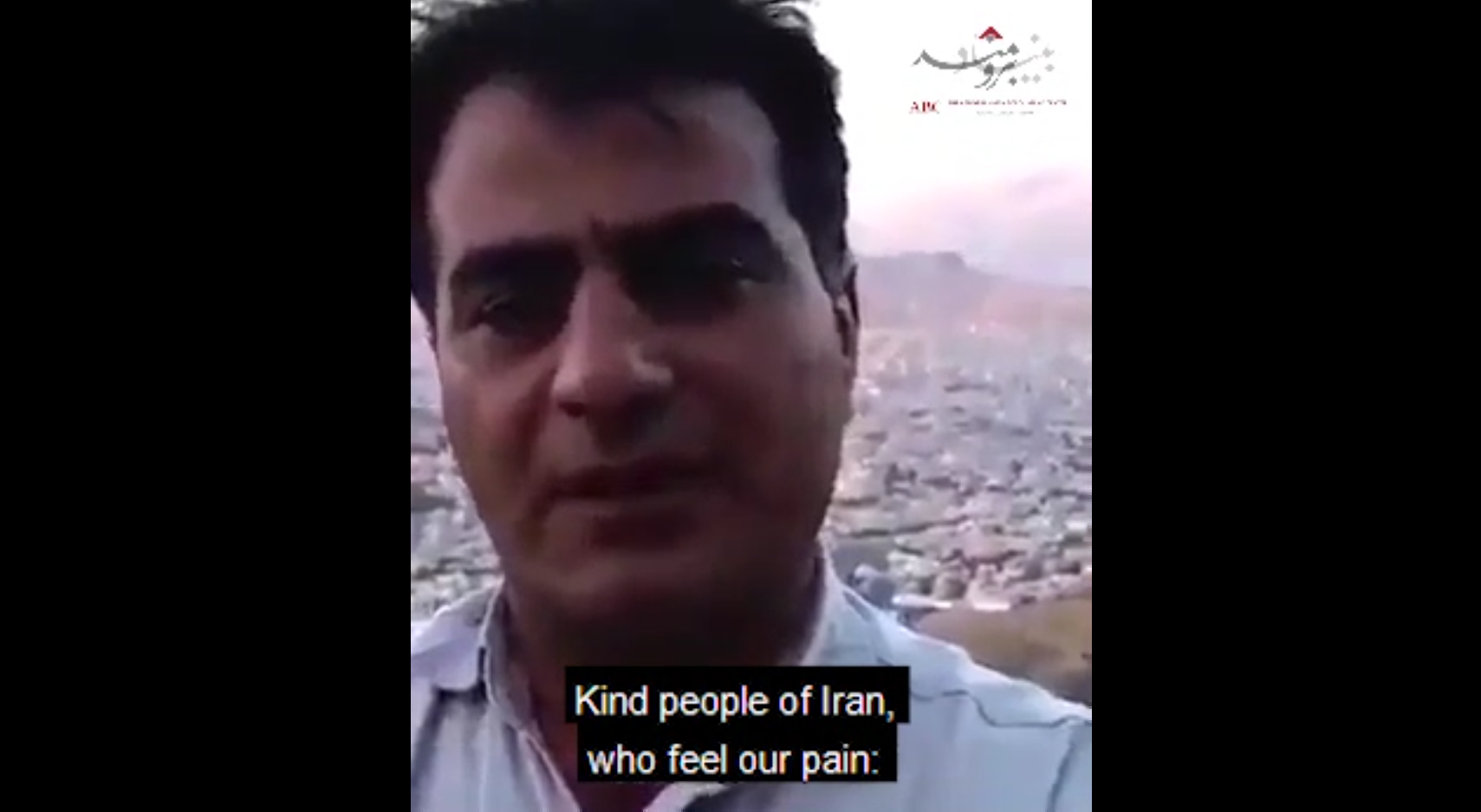|
As a trend toward the universal abolition of the death penalty continues apace and countries all over the world take steps to do away with or limit its use, Iran’s judiciary continues to execute without regard for international standards on due process, transparency, severity of crimes for which the death penalty is prescribed, public executions, juvenile offenders, and defendants with psychosocial disabilities, according to two new reports by the Secretary General of the United Nations.
“Question Concerning the Death Penalty: Report of the Secretary-General,” presented to the 39th session of the Human Rights Council, covers death penalty-related developments from July 2016 to June 2018. Positive developments in the period noted by the Secretary General include:
- The adoption or coming into force of death penalty-free criminal codes in Benin, Burkina Faso, and Mongolia, and of such military justice codes in the Central African Republic and Guinea;
- The ratification of the Second Optional Protocol to the International Covenant on Civil and Political Rights aiming at the abolition of the death penalty by Madagascar and Sao Tome and Principe, the accession to that Protocol of Palestine, Togo, and the Dominican Republic, and its signing by Gambia;
- Abolition of the death penalty by judicial ruling in Guatemala and the US State of Delaware
At present, 170 states - an overwhelming majority of the world’s 195 - have abolished the death penalty in law or practice, or have not conducted executions in the last ten years. Even in the minority of countries which still practice the death penalty, the Secretary General noted signs of progress:
- Thailand’s doing away with mandatory death penalty sentencing for drug offenses;
- Viet Nam’s overall reduction of the number of capital crimes;
- The US States of Alabama and Florida’s toughening of capital sentencing requirements for jury trials;
- A court in the US State of Kentucky’s declaration that the execution of offenders under 21 years of age amounts to unconstitutional “cruel and unusual punishment”;
- Afghanistan’s significant reduction of the number of capital crimes in law, as well as its establishment of a committee to review death penalty sentences, address fair trial and due process violations (e.g. access to legal representation and forced confessions), confirm the age of certain prisoners with medical experts, and to examine prisoners with mental or intellectual disabilities
Iran, a state in the retentionist minority where executions are carried out in high numbers, is singled out several times in the Secretary General’s report. Abdorrahman Boroumand Center (ABC) has collectedreports on 591 executions conducted by the Iranian judiciary in 2016, 508 in 2017, and 164 through mid-September 2018.
The Secretary General, António Guterres, welcomes a late-2017 amendment to Iran’s Law for Combating Drugs which did away with the death penalty for certain cases of drug-related crime. Sentence commutation and a temporary halt in drug-related executions likely resulted in the “significant reduction” in the overall number of those put to death, Guterres notes. But the reform wasn’t all positive: the Secretary General criticizes the fact that the law transformed previously non-capital offenses into capital ones in violations of Iran’s international commitments (see ABC’slegal analysis of Iran’s drug reform).
Iran continues to prescribe the death penalty for crimes which do not meet the “most serious” standard (i.e. those which involve intentional killing), writes the Guterres. These include “overly broad and vague” terrorism-related offenses. In the words of the High Commissioner for Human Rights, quoted by the Secretary General, such shortcomings at the level of criminal code, when “coupled with a disdain for the rights of the accused to due process and a fair trial,” lead to “grave injustices.”
Iran is among a handful of countries where lack of fair trial guarantees in death penalty cases has caused concern for the High Commissioner and Special Rapporteurs [1]. The Iranian judiciary’s denial of rights to seek pardon or commutation also raised concern.
Iran is the only country named in the “Prohibition on public executions” section of the report. Iran continues to conduct hangings in public despite a 2005 resolution from the Commission on Human Rights explicitly calling for their end and urging retentionist states to carry out the death penalty “in such a way as to cause the least possible physical and mental suffering.” 29 public executions took place in Iran in 2017 and nine so far in 2018, according to ABC’s record.
The Secretary General also raises Iran’s egregious and exceptional practice of sentencing to death and executing juvenile offenders. The Secretary General notes that the Iranian judiciary continues to send such defendants to death row and the gallows despite repeated calls from the High Commissioner and Special Rapporteurs.
Also mentioned in the report is the treatment of persons with mental or intellectual disabilities by the Iranian judiciary. Iran continues to sentence such defendants to death in violation of international law. The Special Rapporteur cites areport of the Committee on the Rights of Persons with Disabilities (CRPD), which found in spring 2017 that “persons with psychosocial or intellectual disabilities, could face a greater risk of the death penalty due to lack of procedural accommodations in criminal proceedings [in Iran]” (See ABC’s 2017joint submission to the CRPD).
The Secretary General stresses the importance of judicial transparency and record-keeping, a precondition of ensuring compliance with international human rights standards: “Retentionist States should systematically and publicly provide full and accurate data on death sentences that are carried out. Those data should include information on charges and data disaggregated by gender, age, nationality, ethnic origin and other relevant demographics, on the persons affected.”
The Secretary General’s report on the death penalty globally follows his August 6threport on the situation of human rights in Iran. That report criticized the Iranian judiciary’s continued use of qassameh, a mechanism by which judges can sentence defendants to death solely on the basis of the sworn testimony of 50 male non-witnesses (see ABC’s newsletter onSaleh Shar’iati and other qassameh cases). Saleh Shar’ati has been convicted of murder, not on the basis of evidence, but on the basis of qassameh oaths alone. He was 16 at the time of the alleged murder. His death sentence is now pending final confirmation at Branch 20 of Iran’s Supreme Court.
The Secretary General concluded the August report with a call for Iran to abolish qassameh sentencing, to ensure transparency on capital sentencing and executions, and to “[establish] legal guarantees and safeguards... including respect for international due process and fair trial standards, notably with regard to the right to legal assistance at all stages of the proceedings.”
The Secretary General’s recent reports make clear that Iran’s continued use of the death penalty is conspicuously out of step withregional and global trends. Even among retentionist countries, Iran’s ongoing violations of relevant law - failures of due process, lack of judicial transparency, capital criminalization of crimes which do not meet the “most serious” standard, conducting public executions, and executions of juvenile offenders and persons with disabilities - mark it as an outlier.
Concluding his latest report, the Secretary General strongly urged states that impose and implement the death penalty to “declare and implement a moratorium on executions with a view to abolishing the death penalty.” Though Iranians increasingly agree with the Secretary General, authorities do not hear their calls.
Worse, authorities persecute those who protest the death penalty like Narges Mohammadi, Atena Daemi, and Golrokh Iraee. Kurdish Activist Mokhtar Zare’i, who protested the execution of three high-profileKurdish political prisoners, which UN experts had called on Iran’s government to halt, was arrested shortly after distributing a video message calling for a peaceful strike:
|

